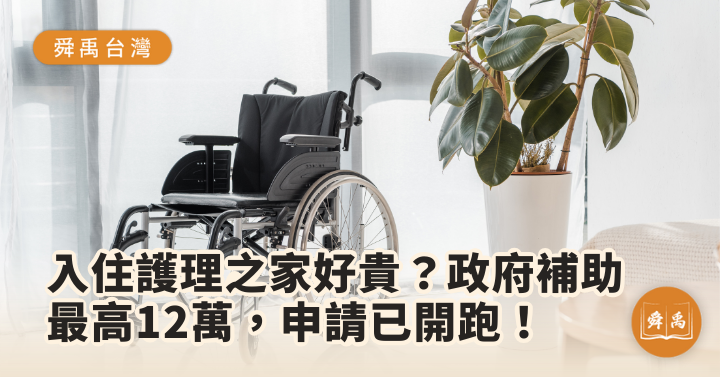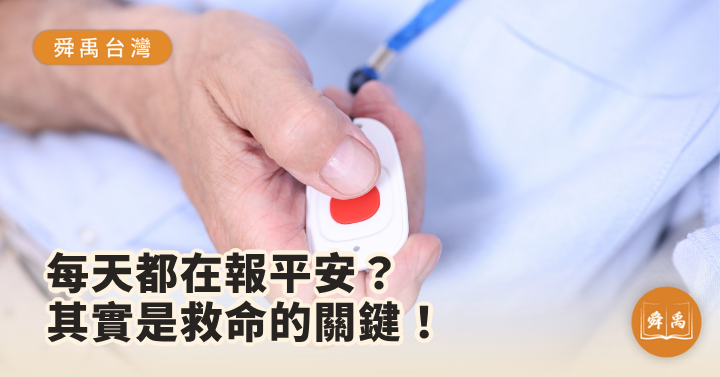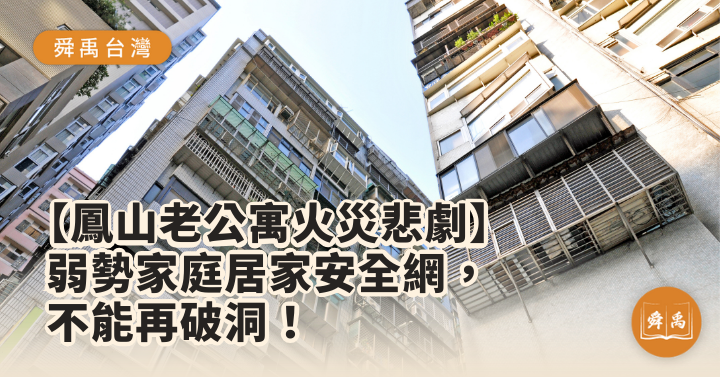As a result, households are unable to make necessary repairs due to financial constraints, leading to an increase in the number of potential safety hazards in the home. Many studies have investigated the need for repair and maintenance in remote villages and found that the living environment of many remote villages does not meet safety standards, especially for the elderly and the physically and mentally challenged who live alone and are at greater risk. In this regard, the government and related social welfare organizations are actively promoting the "Defect Repair and Renovation Subsidy Program for Disadvantaged Families in the Mainland and Rural Areas", in the hope that more families can enjoy a safe and comfortable living environment through the use of subsidized resources. Who can apply? A comprehensive analysis of the subsidy recipients
The "Remodeling and Repairing Assistance Program for Disadvantaged Families in Rural Areas" is specially designed for families with financial difficulties or special needs:
1. Economically disadvantaged: Low-income households, low-to-moderate-income households, or households with an annual income of less than $600,000 per year.
2. those with special needs: physically or mentally challenged persons or elderly persons aged 65 or above who live alone.
3. residents of remote villages: those who are domiciled in the remote villages declared by the Executive Yuan and are actually living there.
The purpose of these eligibility requirements is to ensure that resources are accurately provided to the families most in need. Subsidy Criteria and Programs: Get it all in one place!
The subsidy program provides not only financial assistance, but also support for home safety in a variety of ways:
1. grant amount: up to $100,000 per household over a three-year period.
2. Items: Focuses on home safety repairs and assistive living devices, including:
- Installation of barrier-free facilities (e.g., indoor handrails, bathroom aids).
- Installation of barrier-free facilities (such as indoor handrails and bathroom aids).
- Repairing and upgrading of plumbing and electrical wiring.
- Other necessary works to enhance residential safety.
These subsidies cover all aspects of home safety, and are particularly suitable for families with elderly or physically or mentally challenged members, making the home a true haven. Simple and Transparent Application Process with Professional Assistance
Applying for subsidies is no longer a cumbersome process. The program provides one-stop services to make it easy for applicants to complete:
1. Referral for application: Application is made through long-term care service units, schools, hospitals, or social welfare organizations.
2. Eligibility assessment: Professionals and contractors will come to your home to assess your needs and financial situation.
3. Audit and signing: After confirming the subsidized items, the three parties will sign a contract to ensure that the contents of the contract are transparent.
4. Construction and Acceptance: A professional construction team will visit the home to complete the repairs and conduct an acceptance inspection.
5. Case closure: After the repairs are completed, the case is officially closed.
This process not only improves efficiency, but also allows each step to be clearly tracked, ensuring the transparency and effectiveness of resource utilization. The Importance of Home Safety
According to research, the most common hazards in older homes include slippery floors, deteriorating electrical wiring, and inadequate lighting, which are often the main causes of accidents and injuries. For the elderly and the physically and mentally challenged in particular, the lack of barrier-free facilities may result in limited mobility or even life-threatening injuries. Therefore, making necessary repairs and upgrading facilities not only improves the quality of living, but also significantly reduces the risk of accidents and protects the health and safety of family members. Contact us for more peace of mind!
If you or someone close to you qualifies for a subsidy, please contact us immediately and let us help you create a safe and comfortable home environment!
- Address: 4F, No. 128-2, Sec. 4, Xinhai Road, Wenshan District, Taipei City 116076, Taiwan.
- Unit: Barrier Free Housing Development Center
- Tel:(02)8935-2700 #124
Don't hesitate to take action now, let's work together to create a better future for the disadvantaged families in the remote villages!
In addition, if you want to know more about the "Love Maintenance Program", please feel free to contact us. We hope that through the "Repair and Repair Grant Program for Disadvantaged Families in the Rural Areas" and the "Love Maintenance Program" promoted by the Sunyu Charitable Foundation, more people will learn about these important social resources and further promote the participation and concern of the general public in our efforts to improve the safety of housing in Taiwan. If you have any questions or suggestions about these programs, please feel free to contact us, and we look forward to working with you to create a better future for disadvantaged families in remote villages.






